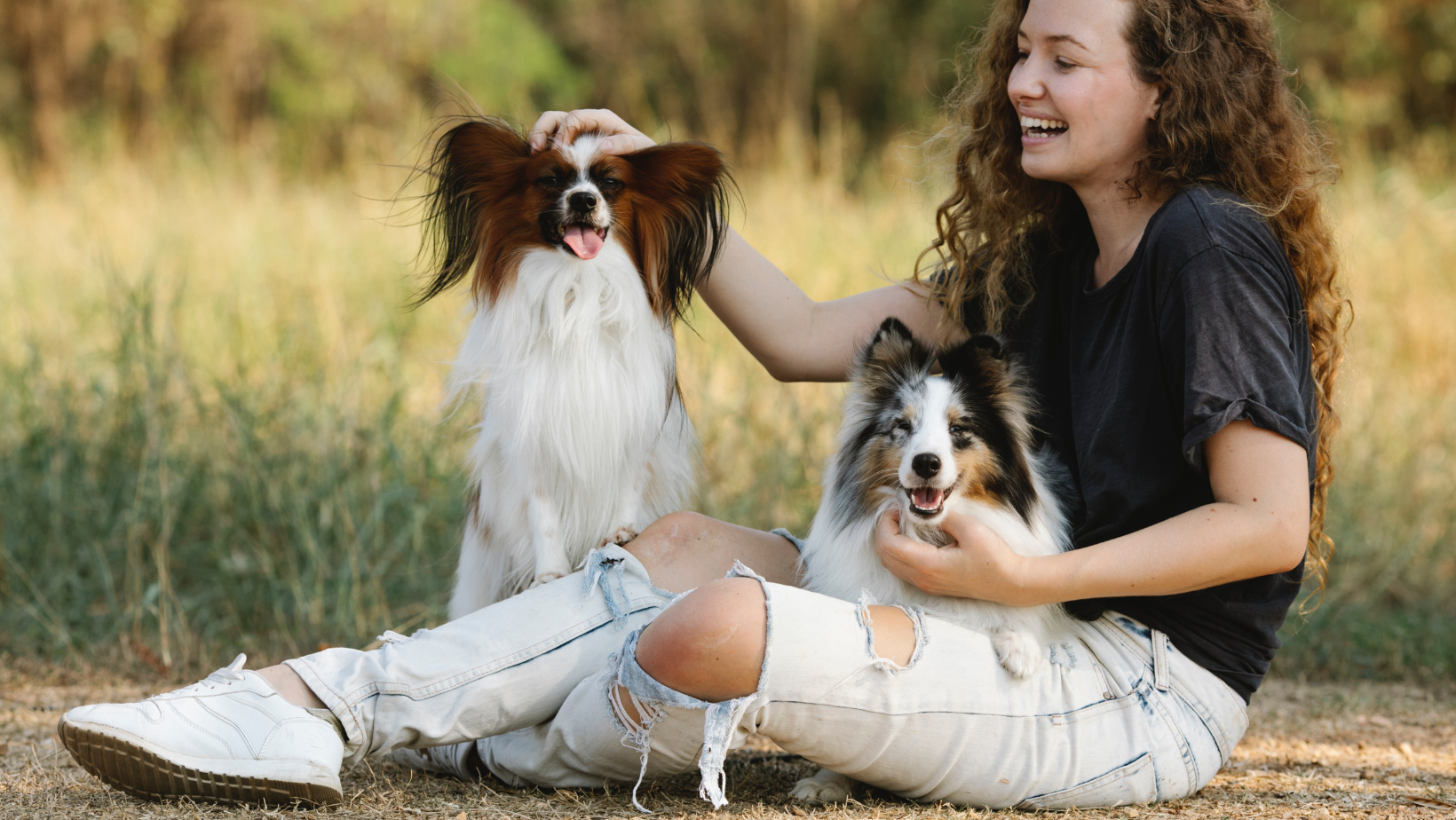Is It Normal To Talk To Your Pets?

My dog and I converse. I converse with every dog in the dog park as well. You may not always be a “normal” person, but I don’t believe this to be one of my dubious character flaws. I believe communicating with animals in any way, not only to see whether they want to play fetch, is completely normal.
I have been conversing with my dog since I was a young child. He wouldn’t criticise me or tell me what to do if I told him anything. Even though the topics of our chats have changed as I’ve gotten older, I still use my animals to express ideas that I either can’t or don’t want to share with people. There are moments when we simply need to express what is on our minds, and cats and dogs are ready listeners. For their sake, there is no reason for us to keep our words to ourselves.
Pets Can Recognize Human Emotion
Some claim that because I communicate with my animals, I am anthropomorphizing them, or giving human traits to things that are not humans. Since they have coexisted with humans for tens of thousands of years, dogs and cats have developed to comprehend human emotion. The majority of that is probably dependent on our body language, but our furry family members can also sense how we feel by the tone of our voice. Our dogs and cats can deduce what we require from them based on these cues.
My dog tries to cheer me up even though I don’t believe he understands what I’m saying since he can tell when I’m unhappy, exhausted, or angry by the tone of my voice. Many nights while attending veterinary school, I would lean next to my cat and cry to him about how overwhelmed I was while listening to his purr. I find that talking to my animals makes me feel better and, in the long run, it helps to cement our relationship.
On the other hand, your dog will pick up on more words besides “sit” and “dog park.” When you speak to your pet with the goal of having them understand what you say or do something as a result of what you say, be consistent. When your puppy jumps, for instance, “off” and “down” might both indicate the same thing to you, but you might also use “down” to denote a laying position. Your dog might find that puzzling, which could make training more difficult.
Pets Provide Unconditional Love
Because of their unconditional love—their willingness to put up with all of our whining, tolerating all of our bad habits, and still loving us—we welcome dogs and cats into our families. Anything we can do, in my opinion, to help our dogs understand how important they are, is a wonderful thing. Contrary to offering them gifts, talking to them won’t have negative consequences like weight gain. Included in conversations is one way to show our affection for our pets, who are designed to be spoiled.
The science behind the benefits of having pets for our mental and physical health also revolves around talking to our dogs and cats. Pet owners are less likely to experience loneliness than people who don’t have pets, according to the Centers for Disease Control and Prevention. Having a listener is, in my opinion, a big part of that. Additionally, studies have shown that speaking in a cheerful tone when you are upset or depressed can actually make you feel happier, just as pretending to laugh can actually make you laugh.
I live with my dog. He hangs out with me at the apartment, drives with me to work, and we go for walks and runs together. He’s always up for an adventure. I can’t imagine not talking to him about anything that occurs in between our snuggle sessions given the amount of time we spend together.





